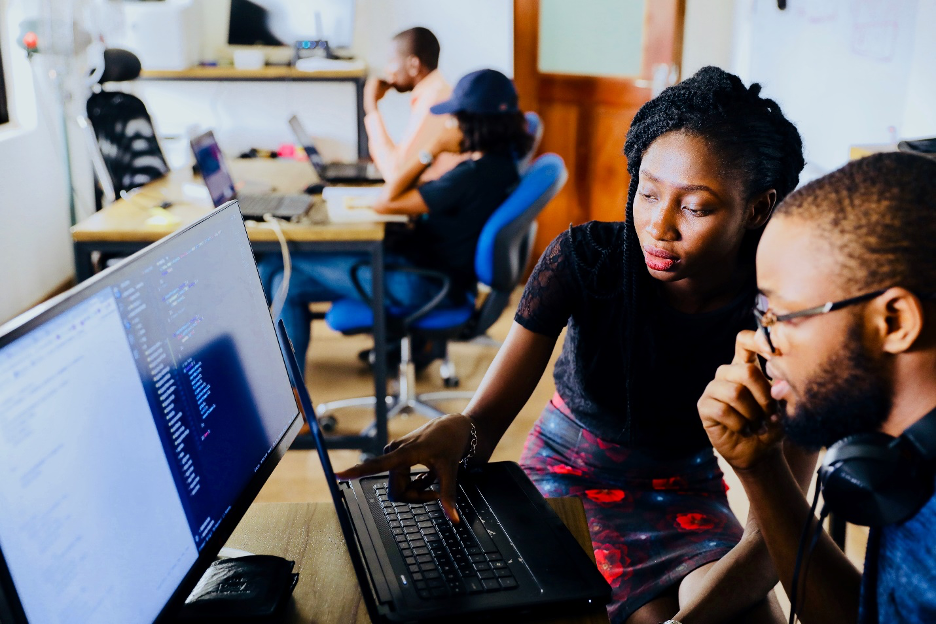An accelerated digital transformation fueled by the coronavirus crisis opened a view to a future world, one in which digital has become central to every interaction, driving both organizations and individuals to adopt technology in a major part of their activities almost overnight. It has also revealed important shortcomings in the preparedness of a large part of the population to cope with such sudden changes, mainly in terms of digital knowledge and skills.
Under such conditions, social learning provides a sustainable option to uphold sustained learning and build resilience in fast changing environments, as it is community-based, peer-produced, more interactive, and individually-guided. In this context, individuals and companies alike are able to leverage the flexibility and adaptability of social learning to navigate rapid change and ever-greater complexity of the digital society.
What is social learning ?
Social learning fosters collaborative learning, sharing of information and knowledge through interactive discussions and debates between peers, taking place in ‘safe spaces’ within the learning community where learners can practice, experiment, get feedback, and even fail. Social learning capitalizes on collective knowledge to create powerful networks that drive lasting growth, and fuels the rapid adaptability that’s essential for today’s societal changes.
In addition, the rise of social networking technology has allowed people with similar learning interests to come together as a group to share knowledge on a subject -- and perhaps even more significantly -- to express their passion for an area of learning. This can create deeper, more intense, and more immersive educational experiences within a community of like-minded learners.
How can social learning support uptake of digital skills for an inclusive digital transformation?
While social learning is being successfully used in organizations, having a huge impact on a number of core enterprise processes, including recruiting, onboarding, training and developing talent, it is important to replicate those models beyond the organizational structure, to the benefit of a larger part of the population.
Aligned with the approach of this learning method, the Social Learning Community put in place by the Women Power Code project consortium aims at making digital subjects more attractive for women, by creating a virtual space where they can consult peers to gain information, discuss mutual interests and concerns about learning these topics. In the medium and long-term, the objective is to enable women to explore and share solutions to common professional dilemmas through action research, by developing resources, and/or implementing new instructional strategies. Additionally, it aims at building cooperation for creativity and innovation development among all the targeted stakeholders, including education providers, IT companies, Universities, Women Associations etc. from the IT field.
The Women Power Code Social Learning Community aims to offer a competitive advantage to those women who are part of the community, as they become aware and familiar with these online collaboration tools and are part of a support network where they discuss the challenges they encounter in their professions with other peers. Moreover, they develop the practical knowledge to be able to introduce this social learning method in different aspects of their life, including for potential employers, which represents a highly valued skill.
Adopting a social learning approach both in the workplace and beyond will prove critical in developing resilient and sustainable communities, towards an inclusive digital transformation of our society.
